
“All around me, men cried and fell to the ground, and horses reared and screamed in an agony of fear and pain. The ground erupted on either side of me, throwing horses and riders clear into the air. The shells whined and roared overhead, and every explosion soon seemed like an earthquake to us. But the squadron galloped on inexorably through it all toward the wire at the top of the hill, and I went with them.” (page 59)
The anthropomorphism of Joey is stunning in this novel. Morpurgo really understands how to create an animal character who seems more like a human being. Joey struggles with war fatigue, fear, loss, and a whole set of other emotions, but while away from Albert, he holds onto the love and comfort of his farm life. Along the way he is treated well and mistreated.
“I found Topthorn was always by me and would breathe his courage into me to support me. It was a slow baptism of fire for me, but without Topthorn I think I should never have become accustomed to the guns, for the fury and the violence of the thunder as we came ever nearer to the front line seemed to sap my strength as well as my spirits.” (page 44)
What more could readers ask for in a young readers novel about WWI? A champion horse who earns an Iron Cross and saves his riders from certain death, but who fears and loves just as the young boy he knew did, just as everyone does. Joey is a hero in more ways than one, and his courage is something that all young readers could learn from, especially how Joey overcomes his fear of strange lands and people. Additionally, he strives to do his best even when he doesn’t want to do what the humans have him doing and even though it is painful to go on without food and shelter. Survival is paramount, and Joey not only looks out for himself and his riders, but he befriends and cares for other horses in the regiments.
War Horse by Michael Morpurgo is stunning and engages readers early on in the struggles of a young horse who is taken from his home and thrust into WWI in 1914. There are images of war, but there is nothing too gruesome that parents should worry about young readers. On more than one occasion, readers will be moved, and chests will be full of emotion and tears will well in their eyes as Joey relates his story. A great way to learn about the harrows of war without delving too deeply into the politics or military strategy, while at the same time demonstrating its far reaching impacts on non-military personnel, soldiers, and horses.
This is my 1st book for the 2012 New Authors Challenge.
This is my 1st book for the WWI Reading Challenge.

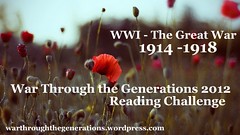

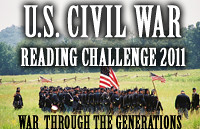
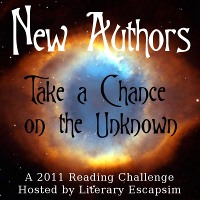

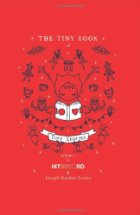
 For a collaborative project, it would seem that there is something missing, particularly since musicians participate in the collaborative. It’s almost as if the book should be an ebook with sound to accompany the images enclosed between the covers. The volume is just one in a series of books planned, and may work better on the website rather than in book form.
For a collaborative project, it would seem that there is something missing, particularly since musicians participate in the collaborative. It’s almost as if the book should be an ebook with sound to accompany the images enclosed between the covers. The volume is just one in a series of books planned, and may work better on the website rather than in book form.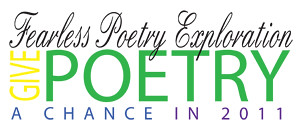
 Second, I’ll be joining my own
Second, I’ll be joining my own 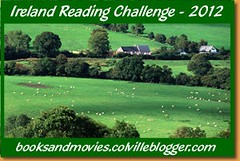
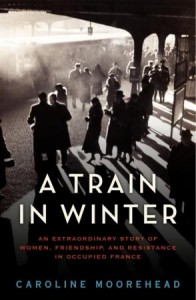

 About the Author:
About the Author: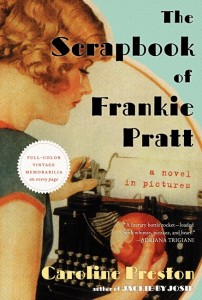
 About the Author:
About the Author:



